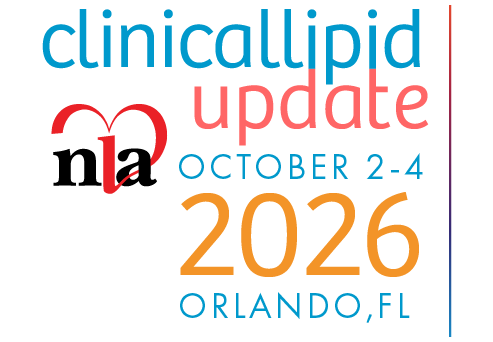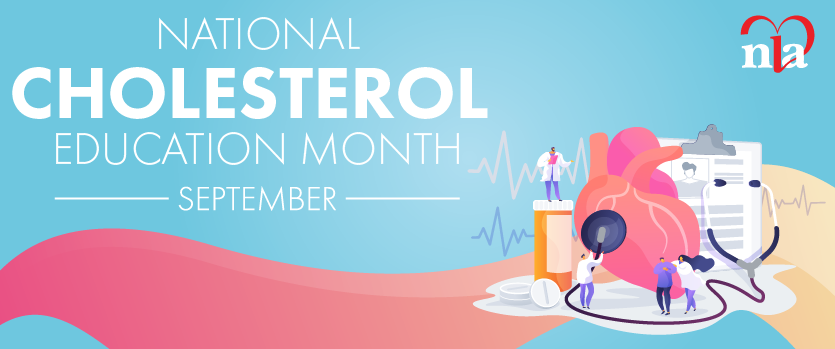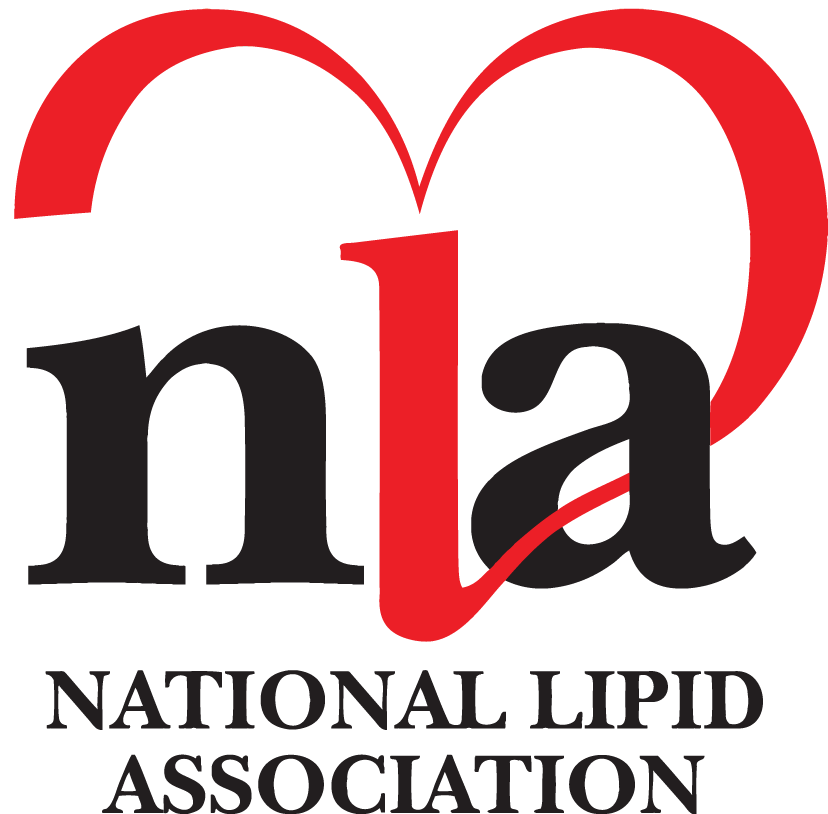Location: Temple, Texas
Position Type: Full-Time Physician
Key Responsibilities:
• Provide expert management of lipid disorders using pharmacologic therapies including statins, PCSK9 inhibitors, Ezetimibe, Bempedoic Acid, and siRNA injectables.
• Refer appropriate patients for genetic testing and family screening for Familial Hypercholesterolemia and other heritable lipid conditions.
• Interpret lipid panels and advanced lipoprotein testing to guide personalized treatment plans.
• Collaborate with Primary Care, Cardiology and Endocrinology to address referrals and optimize lipid-focused care pathways.
• Deliver lifestyle counseling and risk stratification to support holistic cardiometabolic health.
• Ensure judicious prescribing of high-cost therapies with a focus on clinical efficacy and cost-effectiveness.
• Improve outcomes for patients with peripheral arterial disease and high-risk coronary artery disease through high-intensity treatment strategies and preventive care.
Qualifications:
• Board-certified or Accredited in Clinical Lipidology
• Fellowship training or significant clinical experience in lipidology or preventative cardiology.
• Strong background in pharmacologic lipid management and genetic screening.
• Excellent communication skills and a collaborative approach to multidisciplinary care.
About Baylor Scott & White Medical Center – Temple
Baylor Scott & White Medical Center – Temple is a 636 bed multi-specialty teaching hospital with a Level I Trauma designation. The hospital is consistently ranked as a top teaching hospital. In 2025 Fortune Magazine ranked BSW Temple as the #1 Major Teaching Hospital in the United States. 13 out of the last 15 years it has ranked in the top 20 Cardiovascular Teaching Hospitals in the US. The hospital has 31 accredited residency and fellowship programs.
About the Community
Temple is regarded as one of the best areas to live and work in Texas and was ranked the sixth most affordable place to live in the U.S. In addition to no state taxes, Temple enjoys a robust economy, and a cost of living that’s lower than the national average. Served by four independent school districts and nationally recognized Temple College, the community places a high priority on education. Dubbed the “Wildflower Capital of Texas,” Temple lies along the famous Texas Wildflower Trail and is the demographic center of the state, with convenient access to major cities including Dallas, Houston, Austin, and San Antonio. As the largest not-for-profit health care system in Texas, Baylor Scott & White Health provides full -range, inpatient, outpatient, rehabilitation, and emergency medical services through 49 hospitals and more than 900 patient care access points, more than 6,000 affiliated physicians, 40,000 plus employees and the Scott & White Health Plan. U.S. News & World Report ranks Baylor Scott * White Health hospitals amongst Texas’ Top 10.
This is an employed position with a competitive salary, comprehensive benefits, generous relocation, CME, and matching 401K
Ready to make a difference in cardiovascular health? Apply today at http://jobs.BSWhealth.com and help us lead the way in lipidology and cardiometabolic care. Contact Deborah Dixon, CPRP, Executive Physician Recruiter at Deborah.Dixon@BSWHeatlh.org.







.jpg)
.png)










